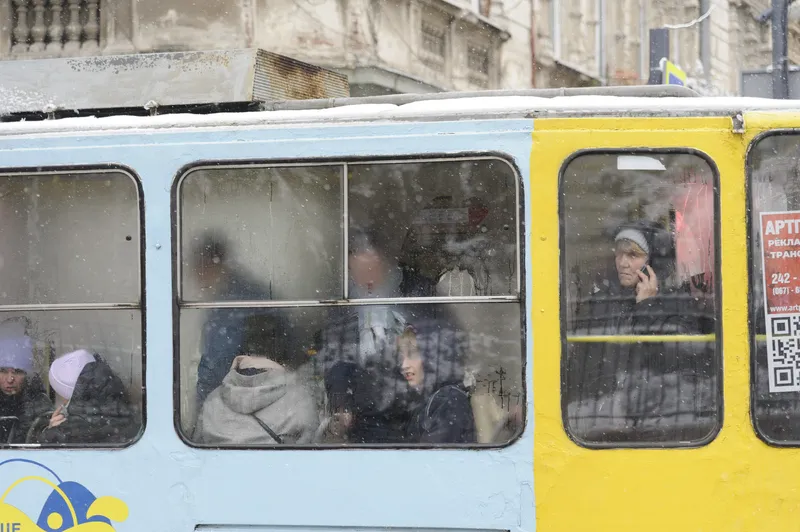A petition with almost 45,000 signatures will be submitted to the European Parliament on 2 September by the Royal Dutch Touring Club (
The Dutch Club is urging the European Parliament to get involved and address the question of discrimination against international motorists. The ANWB will be represented by their President, Frits van Bruggen, and the European Parliament will be represented by Dutch MEP, Wim van de Camp.
According to the Federation Internationale de l’Automobile (FIA), the German government’s new road tax, a toll to fund road infrastructure, provides compensation to Germans, thereby exempting German nationals from the obligation to pay. If implemented, this means that foreign drivers will be financing the expansion and maintenance of German roads, a policy that is clearly discriminating against non-German road users and that is in conflict with the key EU principle of non-discrimination.
Dutch to level EU protest against German toll plan
A petition with almost 45,000 signatures will be submitted to the European Parliament on 2 September by the Royal Dutch Touring Club (ANWB) in protest at a proposed German road toll that will fall primarily on foreign drivers.
The Dutch Club is urging the European Parliament to get involved and address the question of discrimination against international motorists. The ANWB will be represented by their President, Frits van Bruggen, and the European Parliament will be represented by Dutch MEP, Wim van de
August 28, 2014
Read time: 2 mins









